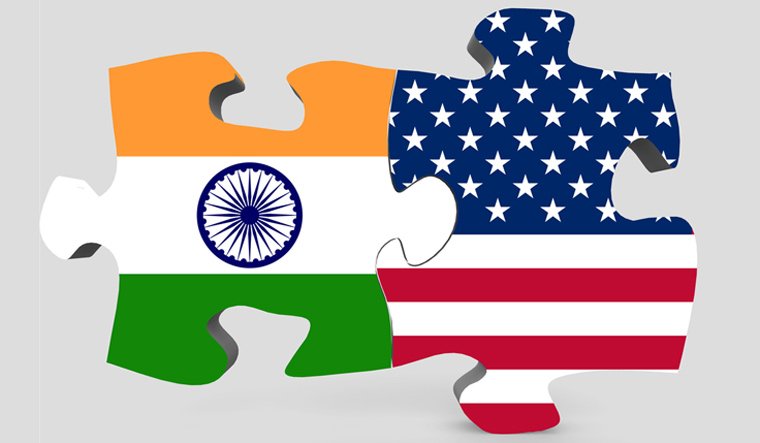Can USA be trusted? – the Indian approach towards the west


With elections around the corner in the USA it’s important to discuss this topic, since the USA legislators are talking about India, especially Kashmir, article 370 and CAA. The election campaign of USA also has its reference to India and India’s internal issues.
Although the relations between India and the USA relation have been better than ever before, getting better by the day, it has its downside, be it the cancellation of GSP(Generalized System of Preferences) for India which was given by the USA to India in the 1970s or the pressurizing of India to stop importing crude oil from Iran–which only go to prove that there are no free lunches in international relations.
The India-US relationship picked up pace from 2008, after the signing of the Indo-US civil nuclear deal to bypass NSG, since India is not a member of that body, with the two countries coming closer post that for mutual benefit. Despite the betterment of relations with the US, India can’t afford to lose its all-weather ally, the erstwhile USSR (now Russia). The point is relevant in the context that the USA had passed CAATSA (Countering America’s Adversaries Through Sanctions Act) in 2017 which talks about imposing economic sanctions on any country that trades with Russia, North Korea, and Iran.
Friendship with the USA has other drawbacks too. The USA had signed the Iran nuclear deal in 2015 and Iran became the biggest oil-exporting country to India. However, in 2018, the USA pulled out of the Iran nuclear deal and imposed economic sanctions on Iran and forced other nations including India to stop business with Iran. Subsequently, India with some grace period given by the USA, stopped importing crude oil from Iran. India is trying to shift to Iraq and other countries but hasn’t got a permanent alternative to Iran as yet. India showed its independence in foreign relations by going ahead with the deal with Russia, when the USA tried to pressurize India to pull out of the S-400 Triumf deal. With the result that soon India will be equipped with S-400 missile system, strengthening its military might.
India has recently signed COMCASA (Communications Compatibility and Security Agreement) and LEMOA (Logistics Exchange Memorandum of Agreement), with BECA (Basic Exchange and Cooperation Agreement) being in the draft stage and likely to be signed soon. When the USA renamed its largest and oldest military command, “the Pacific command” post to “Indo-Pacific” command post in 2018, the importance of India to the USA becomes unmistakably evident.
With that said, India must not forget the bitter past with USA which favored Pakistan in the 1971 Indo-Pakistan War and ordered its Seventh Fleet warship to reach the Bay of Bengal only to retreat after finding the USSR already there to help India as a result of the friendship agreement that India had signed with USSR (now Russia) just some months before the war broke out.
The second instance came in 1974, when India conducted its first nuclear test (named Smiling Buddha), post which, the USA along with several other western countries had imposed economic sanctions on India. In that same year, the USA along with other countries had formed a group called NSG (Nuclear Supply Group), which primarily restricts the supply of nuclear fissile material to any country that is not a signatory of NPT (Non-Proliferation Treaty) citing NPT as being discriminatory.
The third instance needs a special mention, as India conducted its second nuclear test in 1998 in the same Pokhran Range. Subsequently, the USA, under President Bill Clinton and other western countries had imposed economic sanctions on India. However, the 2001 WTO attack on the USA changed its approach and the economic sanction was lifted.
To conclude, the textbooks may write that 1991 saw the end of the Cold War, but recent events stand evidence to the fact of the continuance of the Cold War, which includes Russia-USA face-off in Syria and Venezuela. India must deal with two strong leaders, Xi Jinping and Vladimir Putin for a long time since recently China allowed Xi Jinping to remain “President for life” and Russia allowed Vladimir Putin to remain President till 2036. So, India needs to do a fine balancing act between the capitalist countries of the west and socialist/communist countries like Russia and China closer home.
DISCLAIMER: The author is solely responsible for the views expressed in this article. The author carries the responsibility for citing and/or licensing of images utilized within the text.
